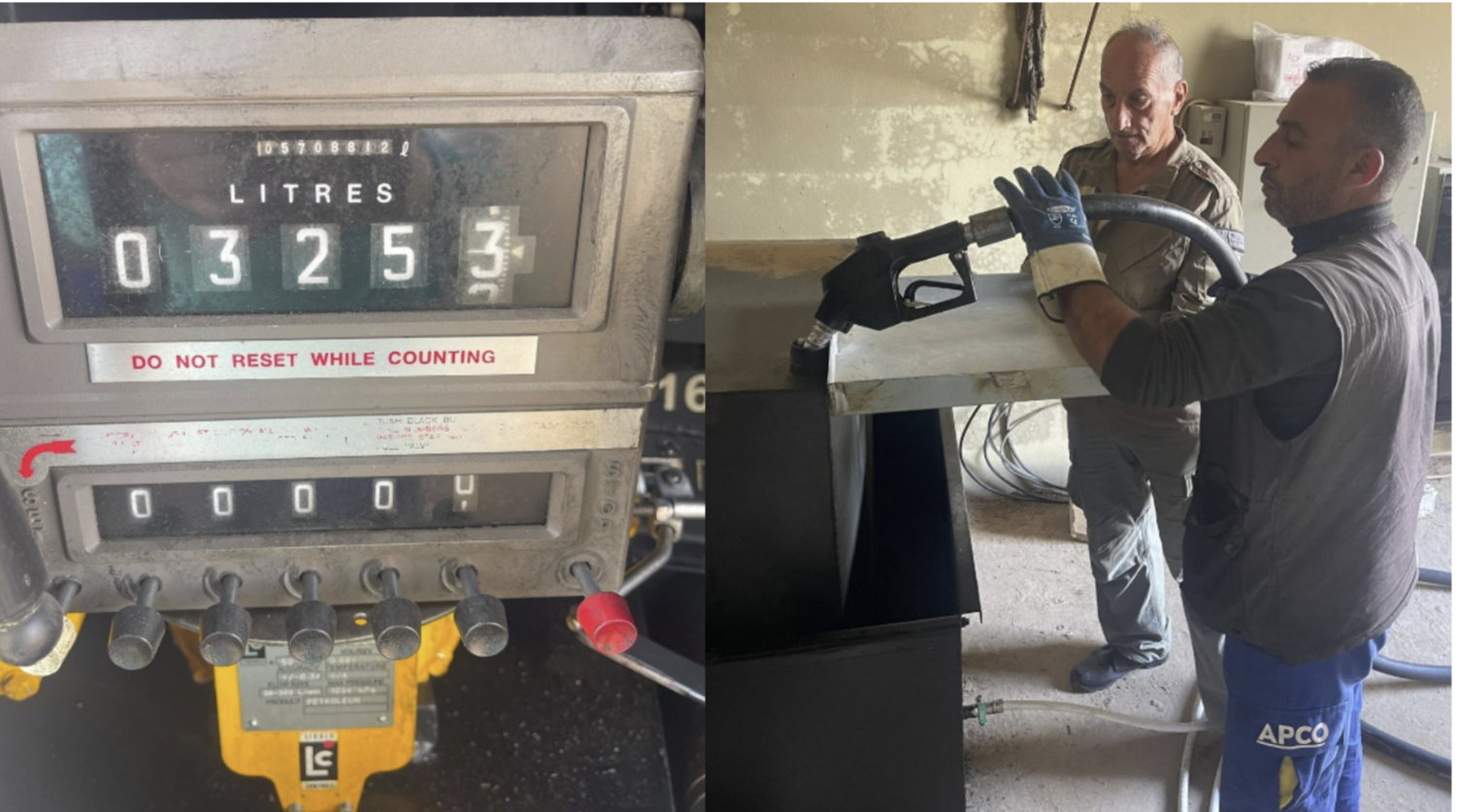USAID CSP Provides Vital Assistance to Pump Water for 2300 Persons Residing in Kawkaba (South Lebanon)
The ongoing multifaceted crisis in Lebanon has decreased access to clean water in many conflict-affected areas. Kawkaba, a village on the southern border of Lebanon, relies on an artesian well as its primary water source. The village uses a diesel back-up generator and the national power grid to power the well’s pump. USAID had planned to assist the village in constructing a solar farm to sustainably power the well pump; however, the cross-border conflict impeded this intervention from being implemented. Kawkaba was placed under further constraints when the national grid power lines were damaged due to the conflict surrounding the village, and the municipality and water establishment could not afford the additional diesel to supply enough water. As a rapid response action to temporarily alleviate the severe water shortage situation in the village, the USAID- funded Community Support Program (CSP) provided diesel fuel to power Kawkaba’s water pump during the period September 2024 through November 2024. This assistance has been vital to provide clean water for 2300 persons living in Kawkaba including 47 displaced families. “Given the urgency of continuing essential services amid the current security crisis, USAID’s assistance has not only maintained access to water for households but also for the displaced population. This timely support has been vital for the residents’ survival and Kawkaba’s resilience,” said Elie Abou Nakoul, President of Kawkaba Municipality.

